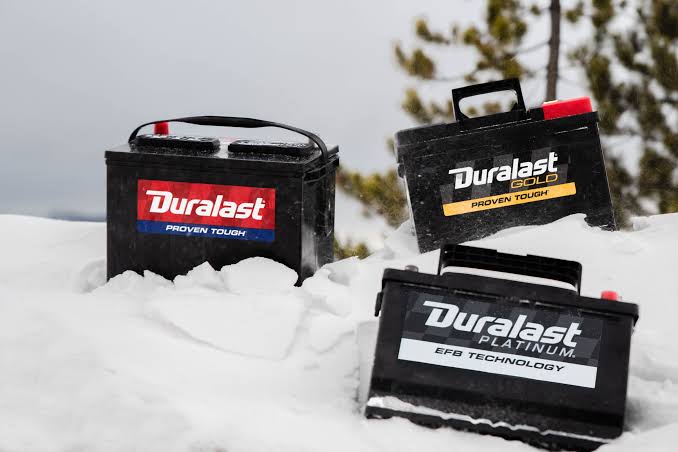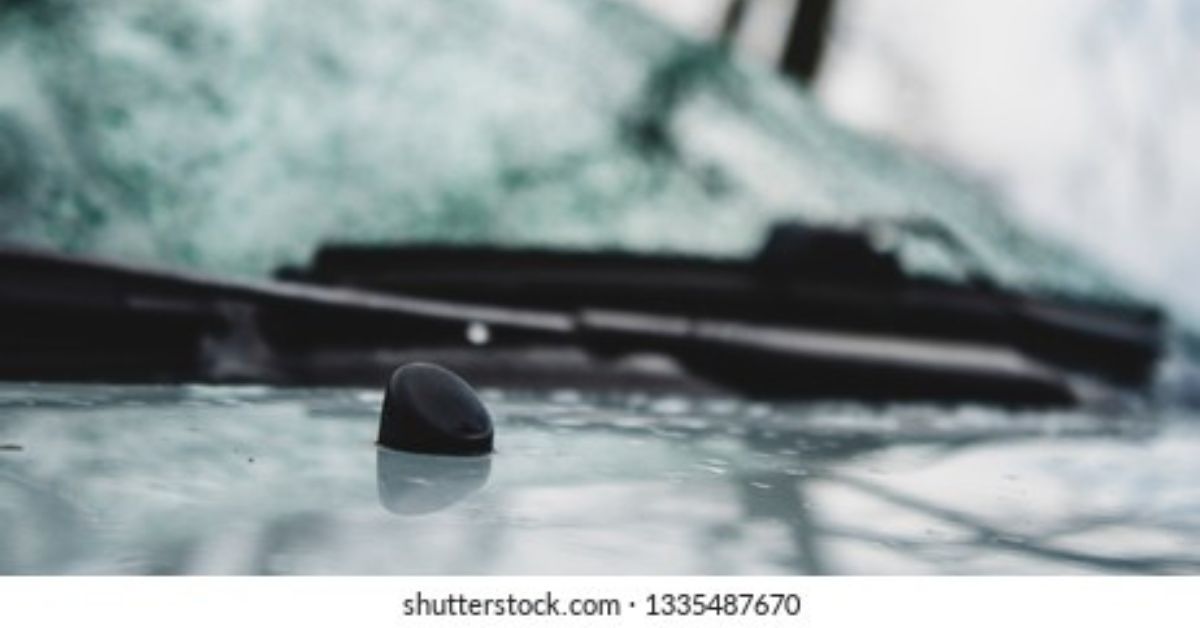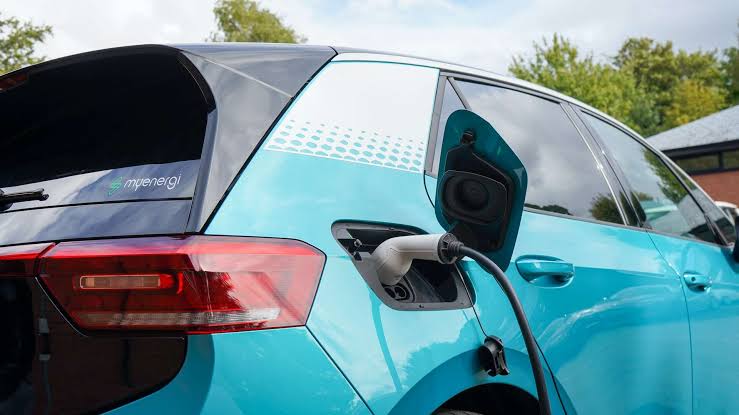As the temperature drops and winter sets in, your car’s battery faces its toughest challenge yet. Cold weather can significantly affect battery performance, leading to sluggish starts and potential breakdowns. To ensure reliable performance in the coldest of conditions, it’s crucial to invest in the best car battery for cold weather. In this guide, we’ll explore the top considerations for selecting the right battery to power through winter.
1. Cold Cranking Amps (CCA)
When it comes to cold weather performance, CCA is king. CCA measures a battery’s ability to start an engine in cold temperatures, typically at 0°F (-18°C). The higher the CCA rating, the better the battery’s ability to deliver power in frigid conditions. Look for a battery with a CCA rating that exceeds your vehicle manufacturer’s requirements for reliable cold weather starting.
2. Reserve Capacity
Reserve capacity refers to the amount of time a battery can provide power in the event of an alternator failure or electrical system overload. In cold weather, when engine starting demands are higher, a battery with a higher reserve capacity can provide added peace of mind. Choose a battery with ample reserve capacity to ensure consistent performance, even in extreme cold.
3. AGM Technology
Absorbent Glass Mat (AGM) batteries are designed to excel in harsh conditions, including cold weather. AGM batteries use a specialized glass mat separator to absorb electrolytes, resulting in superior vibration resistance, durability, and resistance to extreme temperatures. AGM batteries are an excellent choice for vehicles subjected to cold weather climates or frequent temperature fluctuations.
4. Maintenance-Free Design
In cold weather, battery maintenance becomes more challenging, making maintenance-free batteries a convenient option. Maintenance-free batteries are sealed, eliminating the need to check electrolyte levels or add water. This design not only simplifies maintenance but also reduces the risk of electrolyte leakage, corrosion, and other issues common in traditional flooded batteries.
5. Brand Reputation and Warranty
When choosing a car battery for cold weather, opt for reputable brands known for their quality, reliability, and performance. Research customer reviews, ratings, and recommendations to gauge the reputation of different battery brands. Additionally, consider the length and coverage of the battery warranty, as it provides added assurance and protection against defects or premature failure.
Conclusion
Winter weather presents unique challenges for car batteries, but with the right choice, you can ensure reliable performance and peace of mind all season long. By prioritizing factors such as CCA rating, reserve capacity, AGM technology, maintenance-free design, and brand reputation, you can select the best car battery for cold weather conditions. Don’t let the cold weather leave you stranded—invest in a high-quality battery that will power through winter with confidence and reliability.




Post Comment